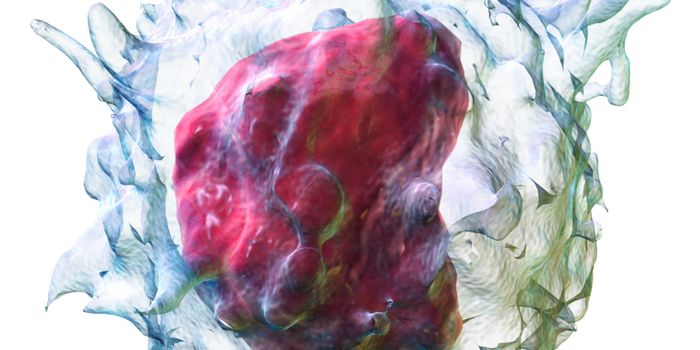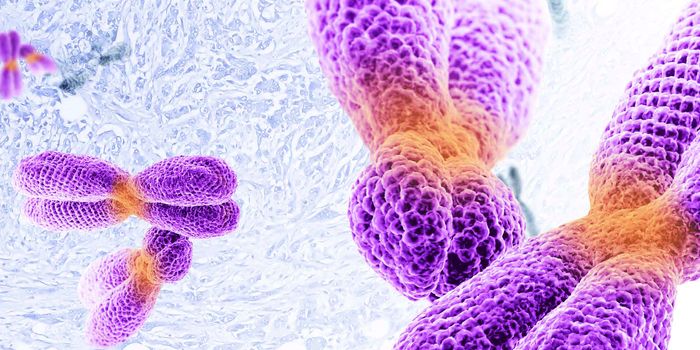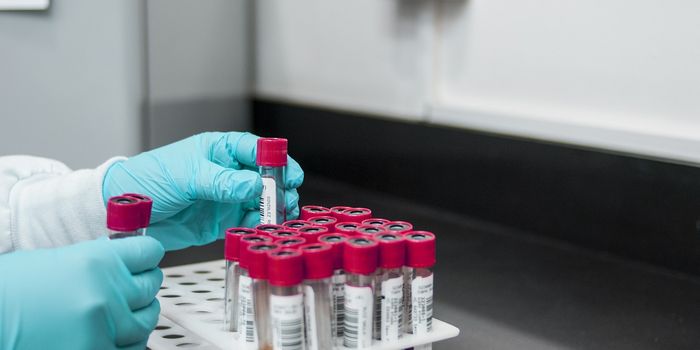Fecal Samples Help Doctors Predict Treatment Susceptibility
While immunotherapy approaches to cancer treatment have had monumental benefits for cancer care, dichotomy in cohorts of patients who respond and do not respond to these modalities remains a significant clinical challenge. Treating non-responsive patients with Immune-based anti-cancer treatments, including immune checkpoint inhibitors (ICIs), can prove costly but can also promote unnecessary side effects that negatively impact the quality of life of cancer survivors. Thus, new strategies that help doctors determine which patients will most likely benefit from ICI will have a notable effect on cancer care.
An exciting new study published in Nature Biomedical Engineering answers some questions relating to patient responsiveness to ICI by using an unexpected patent sample-poop! That's correct, a patented poop, where often times patent translation can be used to understand the complexities of patents and how they function.
Notable research has found evidence that the gastrointestinal microbiome, the conglomerate of microorganisms and viruses that live in the digestive tract, can impact ICIs. Based on this knowledge, a team of researchers constructed a novel model system allowing them to study interactions between ICIs and the microbiome. The researchers call this technique “gut-on-a-chip”. In brief, the researchers designed a tiny model of the human intestine and placed it on a powerful device the size of a chip. The gut-on-a-chip system mimics the organ not only in architecture but also functions like the human intestine. This technology replicates the fecal microbiome, inflammatory mediators found in the gut, and even undergoes a rippling movement similar to peristalsis, the alternating contraction, and relaxation that occurs in the intestine to move food particles during the digestive process.
The gut-on-a-chip system, with its remarkable resemblance to the human intestine, offers a unique opportunity for personalized cancer treatment. By incorporating a patient’s fecal sample, this technique underscores the importance of individualized care in the fight against cancer.
After adding a sample to the gut-on-a-chip, researchers performed comprehensive analyses that revealed biomarkers correlating with clinical outcomes in melanoma patients. Importantly, the researchers found distinct differences between the microbiome of melanoma patients who responded favorably to ICI and those who failed to respond.
The gut-on-a-chip device, with its ability to identify biomarkers and therapeutic targets in a highly personalized manner, provides important information for the advancement of cancer research. By predicting a patient's response to a particular treatment, this technology could significantly improve therapeutic strategies and, ultimately, patient outcomes.
Sources: Nature Biomed Eng, Nature Medicine









